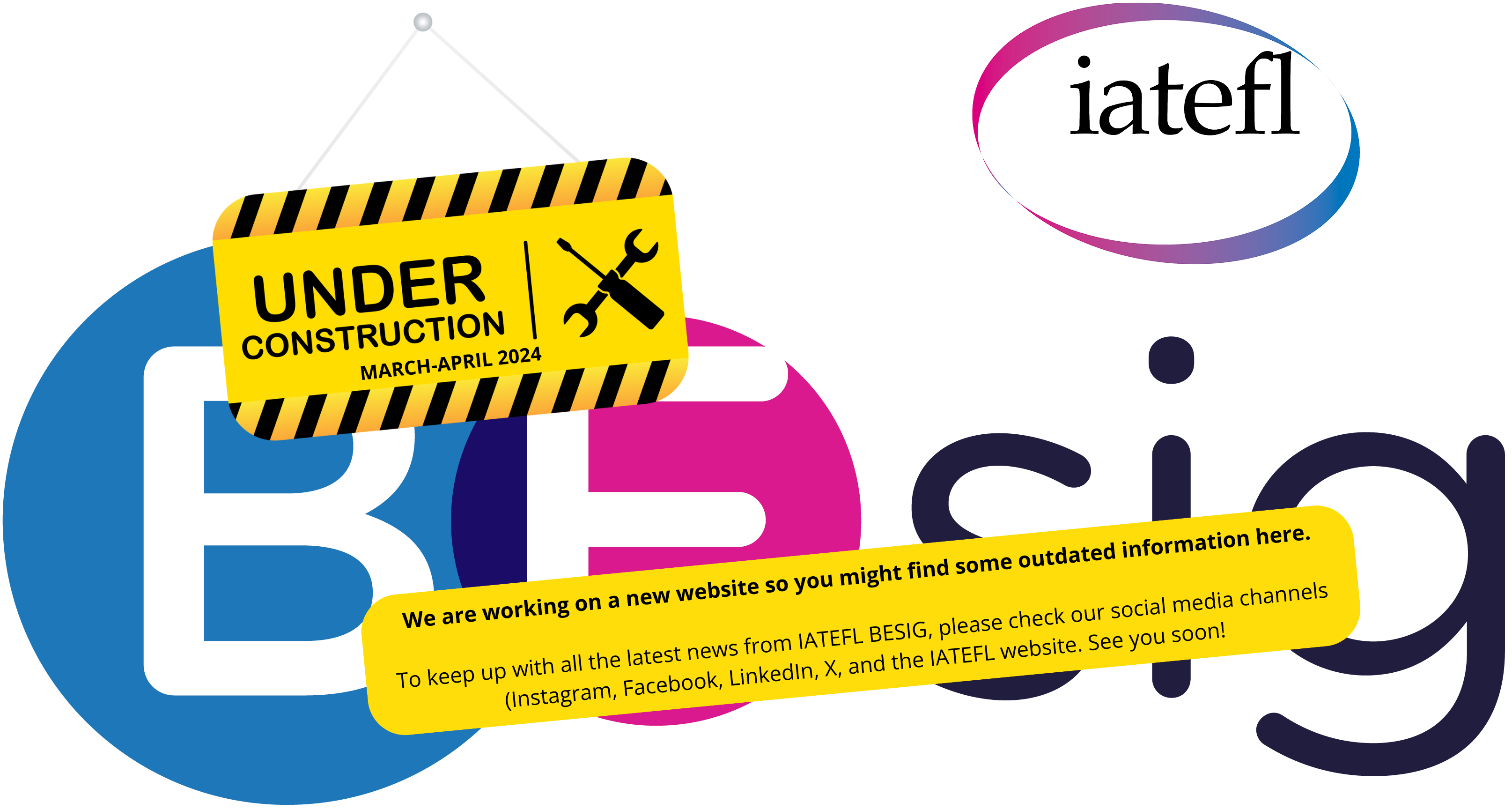
Lalitha Murthy
Lalitha Murthy has been a Business English consultant and trainer with various companies since April 2002. She is also the convener of the newly launched ELT@I BESIG (English language Teachers association of India, Business English special interest group). As a Business English consultant, she has designed and conducted customized programs for executives at all levels to suit their specific needs.
She has been an active member of IATEFL BESIG and has presented in various international conferences. Her detailed profile can be seen at
https://www.linkedin.com/in/lalitha-murthy-502b6411?trk=nav_responsive_tab_profile
Who are your students and what do they need business English for?
My students are working professionals who take Business English (BE) training in order to interact better with their colleagues from other countries, and to be more effective in their oral and written professional communication. These trainings are typically recommended by a participant’s organization. To provide some context, there was minimal Business English training in grade school and university instruction in India. It has been recently added to the curriculum in some universities.
What advice would you give someone coming to teach Business English in Bangalore?
Those who want to teach in India should be aware of the characteristics of Indian English. Also, depending on the participants’ backgrounds and other stakeholders involved in the organization offering the training, instructors should have sound knowledge of cultural differences within India, and between India and other countries where the organization is located. For example, people who opt for BE training in Bangalore, India, are employees of multinational companies, who are already familiar with and exposed to communication in English in their daily lives. Hence, the focus is more on cultural differences in the use of language, concepts of politeness, local conversational or written communication etiquette, etc., rather than on everyday expressions or basic vocabulary.
Why did you become a member of BESIG?
In September 2005, as a Business English consultant with Tata Consultancy services, Ltd. (TCS), I attended the “Business English for the 21 Century” conference, organized by STETS (Singapore Tertiary English teachers Society) and IATEFL BESIG at Singapore. I found the speakers inspiring and the sessions invigorating and learned about new concepts that could be applied in my work. It was the first time that I had heard of cultural differences in communication. Evan Frendo spoke to participants about BESIG. I realized that belonging to this group would not only enhance my knowledge, but also connect me with trainers from all over the world, enabling exchange of ideas. I have been a BESIG member since then and also presented at BESIG’s annual conferences in 2006 and 2010. Every conference I have attended since then has increased my knowledge and added to my professional growth.
Tell us about a class or student which/who you had a big impact on.
I believe that a teacher / trainer should have an impact on each of her/his students. Most of the students I have taught are still in touch with me and share their important achievements with me.
One program I wish to speak about is the training that I did at TCS, to help engineers interact with colleagues from all over the world. After discussions with the project head, we realized that the first hurdle was convincing the participants that they would benefit from my sessions. I visited the offshore development Centre (ODC), spoke to the engineers and convinced them that they should take up this program. The six-week program was called Commentor- Communication through mentoring. We trained 240 engineers in the ODC in six months. The client closely monitored our progress. The program was well received and was soon replicated in other teams. It was presented at two conferences – Talking across the world conference in Bangalore in 2008, and the BESIG annual conference in Bielefeld in 2010. Also, it was written as a case study and published in an HR journal.
Do you incorporate intercultural competence in your language classes? If so, how?
Yes, I do incorporate intercultural ideas in my classes. I use case studies as well as role plays followed by reflection to make students aware of cultural differences. While Indians understand aspects like low and high context in communication, the role of hierarchy, etc., they do not perceive their pronunciation as a problem. One of the main challenges is making Indians aware that their pronunciation is very different and could cause problems in a global environment. Using audio and video clips helps them identify their pain areas.
What are the business English topics/trends in India at the moment? Technology? ELF? Intercultural competence?
In India, I feel the focus in BE is now more on soft skill training. Interacting virtually has resulted in poor social skills. Many are not aware of the being polite, courteous, and other social skills. Even as early as 2011, I conducted sessions on topics such as Language for Virtual collaboration, Small Talk etc. Topics such as giving and receiving feedback can be covered in BE sessions. Technology has been a part of BE training for many years since we need to cover large numbers in limited time. Also, India has many cultures within it, and so students are well aware of having to cope with different cultures.
What is your biggest professional accomplishment?
I think mentoring new trainers is my greatest achievement. Being able to guide trainers on how to customize courses and prepare course material has been especially gratifying. Besides sharing resources and giving advice, I also helped introduce them to the larger BESIG community via international webinars and conferences.
Thanks a lot, Lalitha, for an inspiring interview! If you would like to be interviewed and featured on the BESIG blog, send an email to Mandy at [email protected].
Questions and editing by Mandy Welfare
30th May 2019
MEET A MEMBER is available to IATEFL BESIG members and non-members alike but only features our current members. Another reason to join us and “BE with BESIG.”



